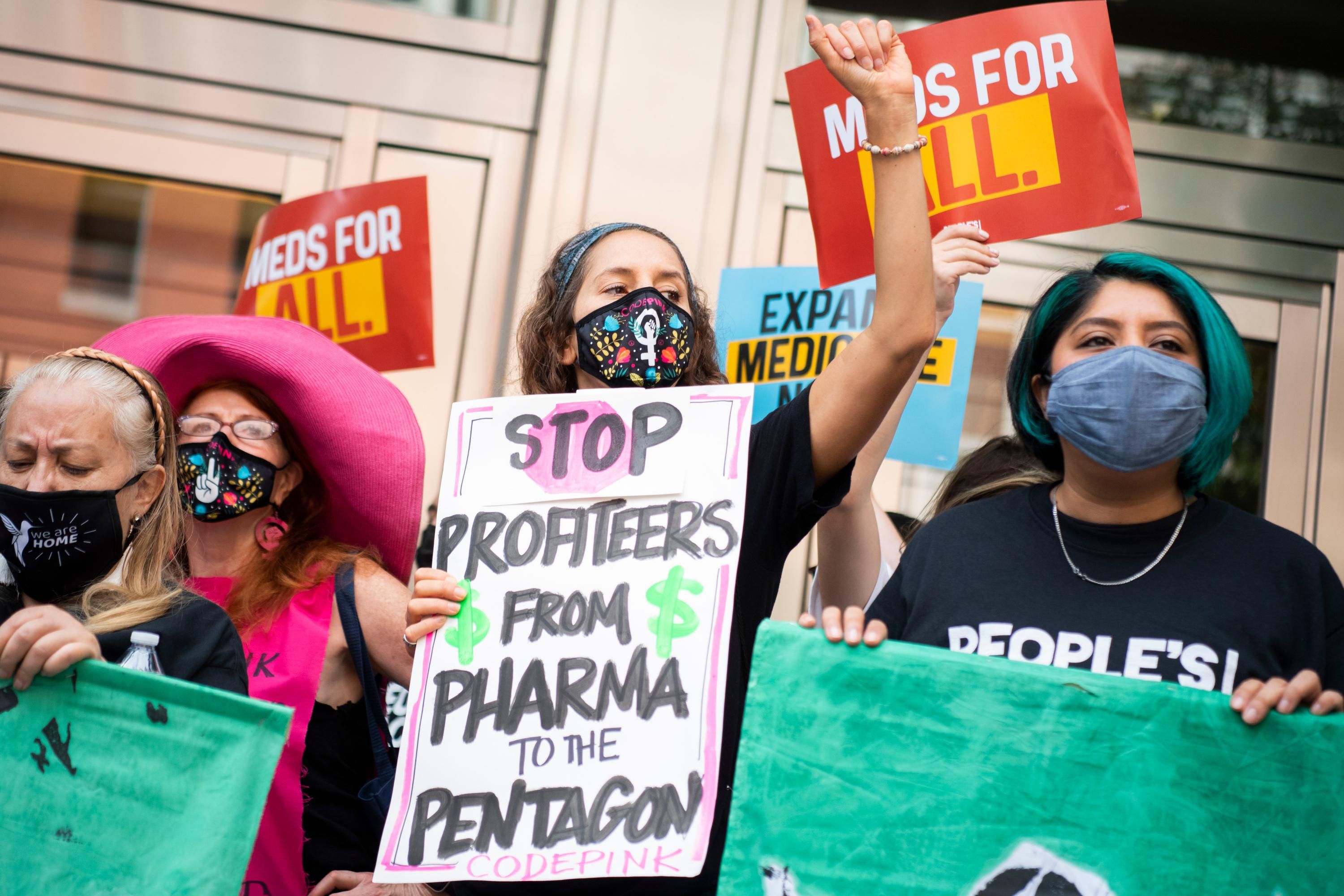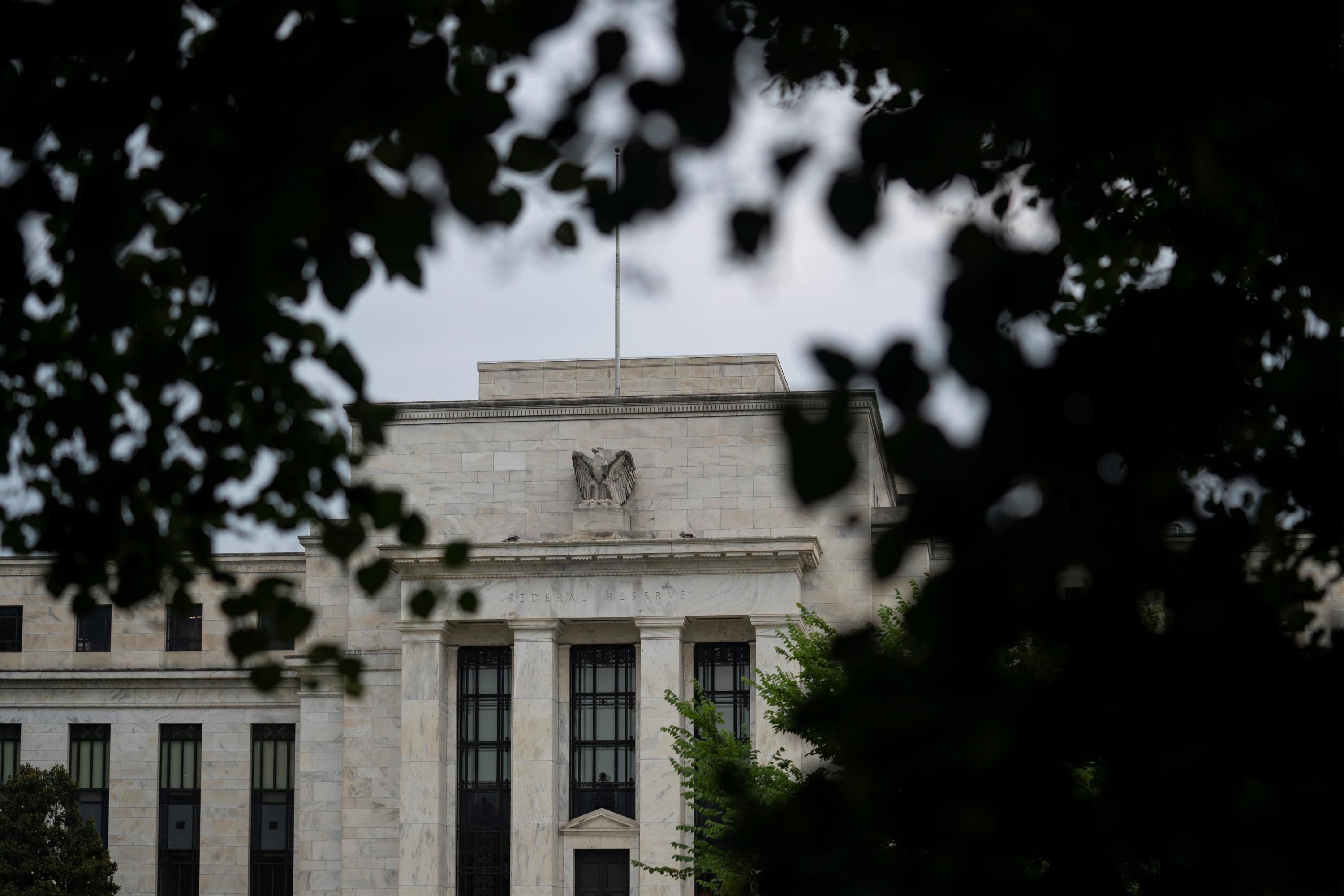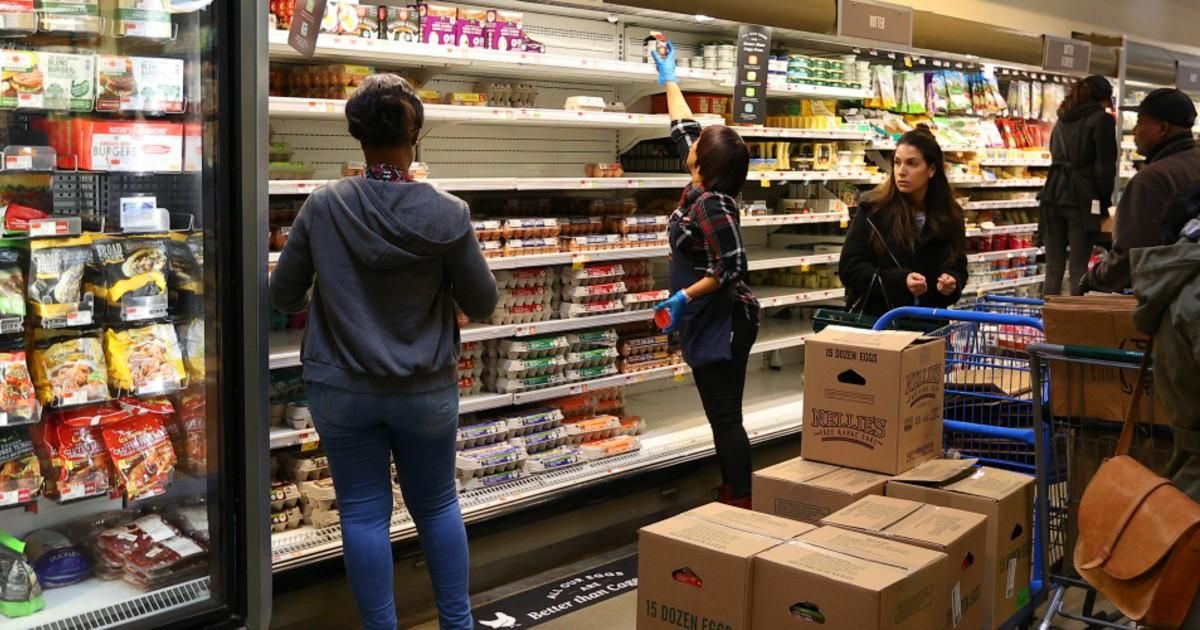8 billion humans? Population is a difficult conversation, but we need to start getting real
It’s time to rethink our broken and unfair family planning systems.
July 11 was World Population Day, an observance established by the United Nations aiming to highlight population issues, particularly how the human population relates to the environment. The UN’s Department of Economic and Social Affairs (UNDESA) marked the occasion by releasing its World Population Prospects 2022 report, which announced that the global human population is on target to reach a new milestone: 8 billion people on the planet by November 15, 2022.
While this staggering figure should alarm even the most casual observer of the various environmental and health crises stemming from the overpopulation that is emblematic of the Anthropocene—like climate change, deforestation, ocean acidification, food and water shortages, plastic pollution, air pollution, biodiversity loss, and the sixth extinction—the UN has advanced a false narrative, trumpeting the “story behind 8 billion and how we’ve got here… [as] a story of triumph,” saying that reaching this milestone is “a cause for celebration” with “infinite” possibilities for growth.
“We must celebrate a world of 8 billion people,” writes Dr. Bannet Ndyanabangi, the East and Southern Africa regional director for the UN Population Fund, the UN agency tasked with improving reproductive and maternal health. Others are picking up that upbeat messaging.
The truth is that growth is undoing the progress we made in our response to the climate crisis. Also, our near-universal family planning systems have been based on a lie—that having kids is more personal for the parents than interpersonal for the future child, our communities, and our planet—a lie that maintains the generational privilege of the wealthy, and promotes unsustainable growth over birth entitlements that would have ensured all kids were born in conditions that comply with the United Nations Convention on the Rights of the Child (UNCRC).
The interrelated ecological and public health crises facing humanity and the planet—fundamentally driven by the Anthropocene and the population growth that defines the era—have already been causing massive harm to countless species, including people, and perhaps most problematically, children who will carry with them lifelong impacts. And we are on track to make things even worse. “The effects of human-caused global warming are happening now, are irreversible on the timescale of people alive today, and will worsen in the decades to come,” warns NASA.
We will add billions more people to this catastrophic scenario—around 10.4 billion by 2100—with the UN itself projecting widespread famine. According to the UN Food and Agriculture Organization’s (FAO) the State of Food Security and Nutrition in the World 2022 report, around 670 million people (8 percent of the world population), are expected to face hunger by 2030. Sadly, as FAO points out, that figure is the same figure from 2015, when the goal of ending hunger, food insecurity, and malnutrition by the end of this decade was launched under the 2030 Agenda for Sustainable Development. Over this 15-year period, humanity would have made zero progress in the fight to end world hunger.
More people, more inequality
Another concern is that the multitude of environmental and health impacts are not shared equally but depend on hard-to-grasp levels of inequality. Moreover, as the UN reports, inequality is growing for “more than 70 percent of the global population.” The people least responsible for the climate crisis—the poor and the vulnerable—are set to suffer the most, and yet the rich world is pushing for more humans that will exacerbate the crisis, with abortion bans on the rise across the United States, and wealthy nations like Australia, Estonia, Finland, Italy, and Japan offering their citizens financial incentives to have more babies.
Even the Pope doesn’t grasp the reality of our situation. In his 2015 encyclical Laudato Si’, the pontiff lamented ecological degradation and global warming, writing that Mother Earth “cries out to us because of the harm we have inflicted on her by our irresponsible use.” Yet he has failed to recognize that unchecked human population growth is not only damaging to the environment but also to the welfare of future generations. That failure is made clear by his encouraging young people to have more children.
Failed family planning
Designed in the 20th century, near-universal family planning models and systems treated the act of having children as personal rather than interpersonal, which caused human and societal growth to arc too high for the planet’s carrying capacity. Currently, humanity is using 1.8 times the ecological resources that the Earth is able to generate in a single year. This year, according to the Global Footprint Network, humans will hit “Earth Overshoot Day” on July 28. Put it another way, the current human population is so high that we need the resources of 1.8 Earths to sustain us for just one year.
The world’s broken family planning models have prevented a fair distribution of wealth among children, in particular, protecting pockets of extreme wealth and privilege and ensuring the gulf between rich and poor we see today. While many laud the UN Convention on the Rights of the Child, which ensures the protection, survival, and development of children without discrimination, the fact is that world leaders have never applied it to the majority of children or to future generations as a standard for birth and development conditions. Billions were born over the past several decades in conditions that blatantly violated the convention’s standards—standards we recognize as universal to develop functional societies. They were born under the myth that whether a child is born rich or poor was determined by fortune or the will of some invisible force.
What went wrong? Past models viewed children as economic inputs to grow economies, rather than empowering them to become citizens to run the town halls that must precede and regulate economies. The impact was existential: It is now a zeitgeist to see falling fertility rates as a “baby bust” or threat to economic growth and the further commodification of nature, the children’s convention be damned. The UN’s World Population Day rhetoric reflects this old modeling, and deference to the wealthy who wish to provide an advantage for their own kids. This old modeling—treating the act of having children as more personal than interpersonal—is based on what legal theorists call a baseline error.
Externalizing costs to women and children
Many companies and governments worked together to adopt the Paris Agreement as the key standard for climate policy. It allows for significant emissions and global warming despite current changes in the climate causing massive harm to infants and children. The entities behind the agreement were making decisions about what the world should look like. And that vision, for them, sets a baseline against which to measure what’s the cost and what’s the benefit.
There is something wrong with that picture. If you believe in freedom under any theory of liberalism, it’s impossible for a group of people to define what the world should look like for everyone. The baseline, or what the world should look like, is instead itself a group of relatively self-determining (i.e., free) people. How can we know what’s the cost or the benefit, or the rules that allocate them, without being organized as participatory groups capable of making such decisions? How can we be self-determining or free in a world dominated by a singularly anthropocentric viewpoint in which some humans consent to the power of other humans, rather than a more logical and ethical nature-centric viewpoint?
Population growth-based economic gains were created by intentionally violating the standards represented in the UN Convention on the Rights of the Child, ensuring children would be born and raised in unfair and unequal conditions. A small minority of mostly wealthy white men have waged a war on women’s health, made abortion less accessible, and profited by externalizing massive costs on women and children decade after decade.
In short: 1) Humans overshot, 2) the profits went to some and costs to others based on the lie that having kids was more personal than interpersonal, and 3) justice requires we compensate those harmed.
Finding a solution
What can we do? First, we can pressure the UN to switch to nature- and child-centric family planning model as the first and overriding human right. We can give future generations a voice in their democracies, rather than just jobs in economies. Democracy—the only form of true empowerment—comes first, and groups are already asking the UN to move in this direction. The voices of young women from the Global South, some of whom are most at risk, are rising, speaking about their concerns for their future and the future of the world.
One step toward better, more sustainable, and equitable family policies involves resolving the baseline error discussed above and urging the Global North to make just climate reparations to the Global South that—rather than focusing on population—ensure that we begin moving toward a system in which all children are born into conditions that comply with the UNCRC.
The climate crisis is already causing lifelong harm to infants and children, harm that must be stopped and compensated for. Given the efficacy of family planning and climate migration reforms, one option would be family planning incentives or entitlements or reparations that will allow parents to best provide their children with the ecosocial rearing and development conditions required by the UNCRC. These payments can be funded by eliminating expensive and counterproductive pro-natal incentives (as well as expensive limits on programming for long-acting reversible contraceptives and access to abortion) in low-fertility countries in favor of climate migration reforms. Any incentivizing effect the payments might have toward large families can be offset by the universal promotion of a “smaller and more sustainable” family ethic.
We can also urge lawmakers, decision-makers, and thought leaders to publicly admit that conventional family planning models—built on a baseline error—are broken because they miscalculate the way costs and benefits are measured. We must ultimately recognize that the wealth of many was built on a system of explosive and unsustainable growth at a great cost to children, a cost that increases as the climate worsens. Because that wealth was produced under a system that externalized its costs, disadvantaged children have a moral and legal claim to part of the wealth that was accrued at the expense of their current and future health and the environment in which they live. This is a form of restorative justice. Without this change, we risk a future where the system by which many made their wealth will have done more harm to future generations than any well-intentioned philanthropy can do to help them.
Time to recalibrate, not celebrate
Voices in the Global South—those with the most at stake and the least responsible for the crisis—are now joining in the call for family planning-based entitlements and reparations. It’s a just demand that will compel many to action. There are many steps we can take to recognize that something went wrong in our universal family planning and population policies and to move toward better modeling. Nothing would have a greater impact on a larger number of people.
Population expert Alan Weisman, the author of the best-selling book The World Without Us, spent two years visiting 20 countries to investigate the issue and impacts of human population growth. In an interview with Orion Magazine, he said that one of the questions he set out to answer was, “[H]ow many people can fit on the planet without tipping it over?” If we don’t fix our broken and unfair family planning systems, we will soon find out.
In 1989, when the UN established World Population Day, there were 5.1 billion humans on Earth. Since then, more than 2.5 billion humans have been added. (To put that into perspective, over the 140-year span from 1800 to 1940, we added just a little over half of that number—1.3 billion people—to the population.) As the Earth approaches its 8-billionth human, we don’t have “infinite” possibilities for growth, as the UN claims. Instead, we have infinite possibilities for environmental degradation, attacks on reproductive rights, and public health crises. It is not time to celebrate, as the UN urges. Instead, it is time to recalibrate around the ecosocial birth and development conditions that the UN Convention on the Rights of the Child has long required.
This article was produced by Earth | Food | Life, a project of the Independent Media Institute.






